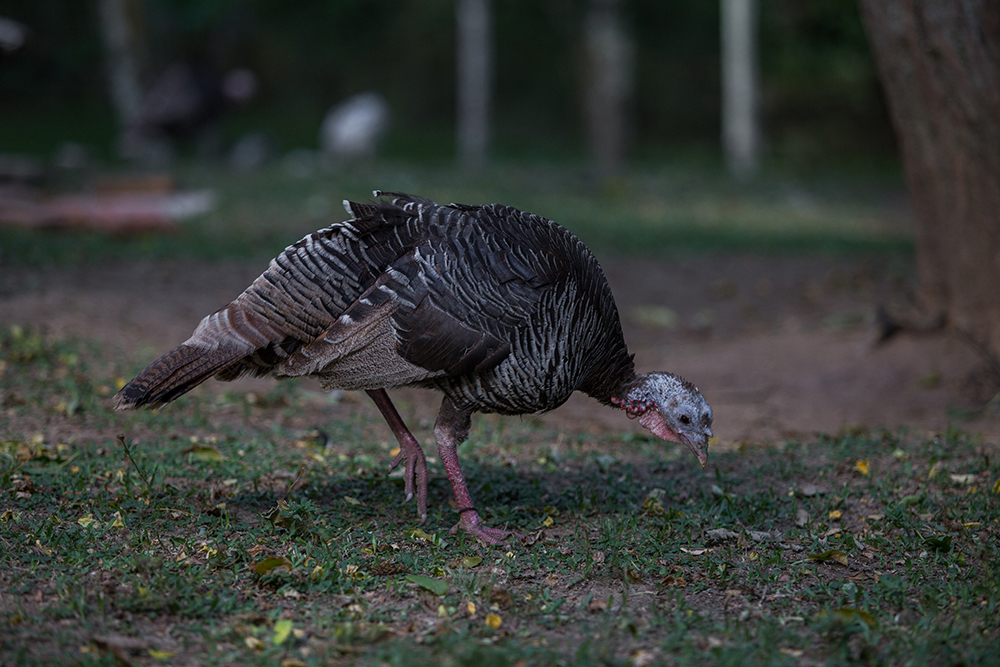Conservation and Ethics in Hunting



Ethical hunting is more than just a tradition. For many hunters, it symbolizes a deep respect for wildlife and a commitment to preserving ecosystems. With sustainable practices, hunting has become a key player in conservation efforts, ensuring that wildlife populations continue to thrive. This is particularly evident in places like Orlando, FL, which is known for its turkey hunts and abundance of diverse wildlife.
But what role does ethics play in conservation? And how can hunters continue to balance enjoyment with sustainability? This blog explores the intricate connection between ethical hunting and wildlife conservation, shedding light on how responsible hunting can protect and nurture our natural world.
Hunting, when approached ethically, is not just about sport. It’s about stewardship of the land and wildlife. Ethical hunters follow strict guidelines to ensure their actions don’t harm ecosystems or lead to a decline in animal populations. This respect for nature facilitates a harmonious balance between human activities and wildlife conservation.
Ethical hunting adheres to a moral code that prioritizes respect for wildlife and the environment. Below are some core principles of ethical hunting:
Following these principles not only embodies respect for the natural world but also supports the long-term sustainability of hunting practices.
It might seem counterintuitive, but regulated hunting contributes significantly to conservation. Here's how:
One of the key challenges in wildlife conservation is balancing animal populations. Overpopulation can lead to habitat degradation, food scarcity, and spread of diseases among species. Regulated hunting helps prevent overpopulation by controlling wildlife numbers, thus maintaining healthy ecosystems.
For example, wild turkeys in Florida have seen population stability due to effective management practices backed by hunting regulations. Controlled turkey hunts in areas like Orlando, FL, ensure the population remains healthy and sustainable year-round.
Across the United States, hunting generates billions of dollars each year for wildlife conservation. Taxes from hunting licenses, equipment, and permits directly fund state and national wildlife agencies. These funds are used for:
The Pittman-Robertson Act of 1937 is a foundational piece of U.S. legislation that allocates an 11% tax on hunting equipment to conservation initiatives. By participating in hunting, ethical hunters play a direct role in funding projects that preserve and restore wildlife habitats.
Beyond its environmental impact, ethical hunting also supports the local economy. It boosts tourism, generates jobs, and helps small businesses, particularly in hunting destinations like Orlando. Outfitters, guides, and equipment suppliers all benefit economically, creating a positive ripple effect within the community.
Florida, especially the area around Orlando, is a hotspot for turkey hunts. With a rich diversity of habitats from dense forests to open fields, the state provides ideal conditions for hunting wild turkeys. Florida is home to the Osceola turkey, a prized subspecies that draws hunters from across the country.
Turkey hunting in Orlando stands out for several reasons:
When hunting wild turkeys, Florida law emphasizes the importance of ethical practices. Hunters are required to secure permits, follow designated hunting seasons, and adhere to bag limits.
Turkey hunting offers a unique challenge, requiring patience, skill, and a commitment to ethical practices. Below are essential tips for conducting ethical turkey hunts:
By integrating these practices, hunters can enjoy a rewarding and responsible hunting experience.
Hunting for conservation goes beyond the individual. It’s about educating others and advocating for sustainable practices:
By uniting under a shared vision of sustainability, hunters and conservationists can work together to protect our planet.
Ethical hunting plays a pivotal role in conservation. Beyond the thrill of the hunt, it’s about preserving nature for generations to come. Want to explore turkey hunts in Orlando, FL? Switchgrass Outfitters is here to guide you every step of the way with expert knowledge, ethical practices, and an unforgettable experience.
Contact Switchgrass Outfitters today to book your turkey hunting adventure. Together, we can create lasting memories while contributing to conservation efforts.